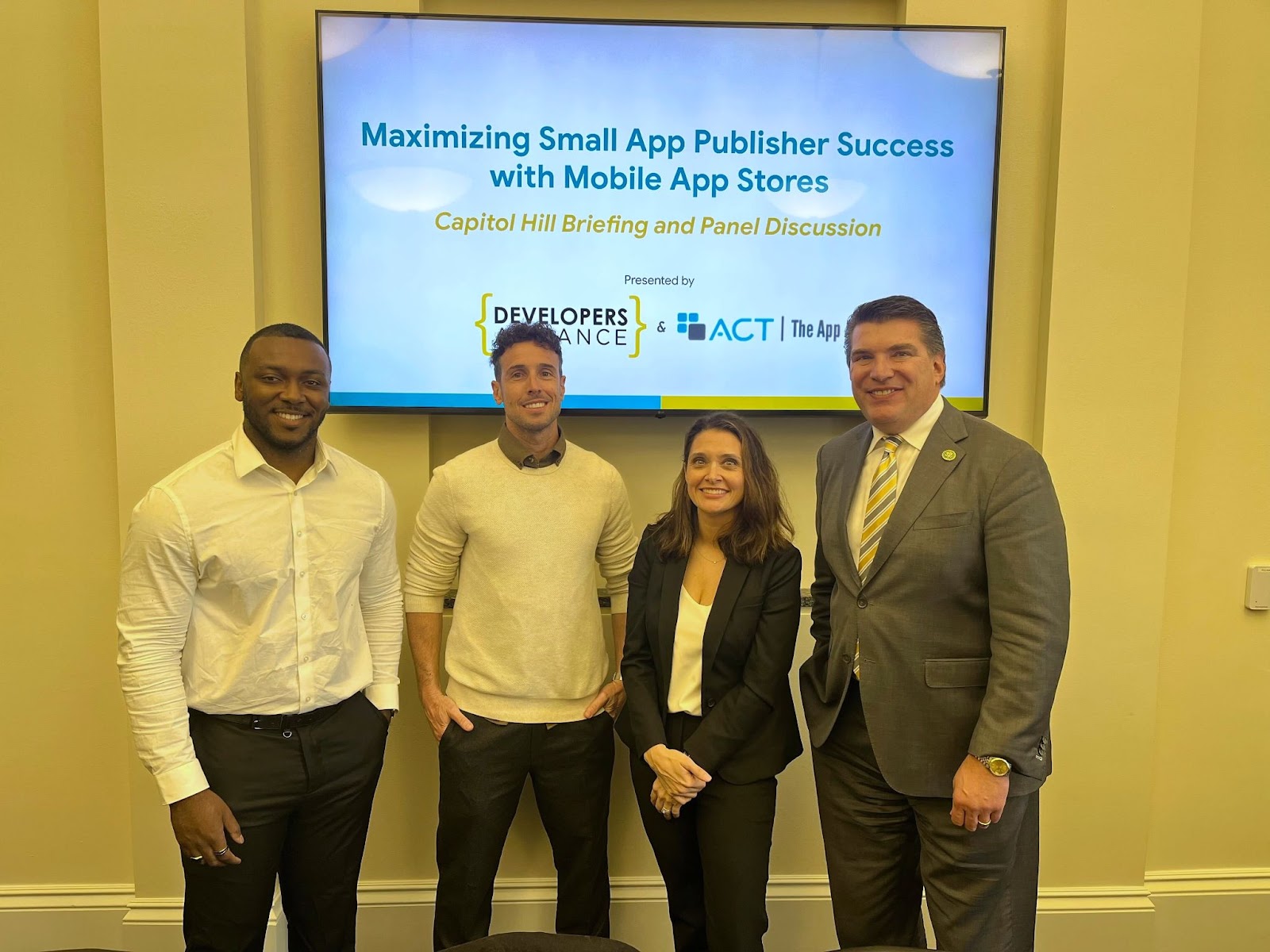Once again, government breaks everything it touches
You may have seen the announcement from Google on the new Android rules (and our formal press release). With the EU government-driven deadline looming, the plan for the Android ecosystem has been released. It’s less than ideal for developers, but there’s at least some hope.
You’ll remember the situation: complaints came in to sympathetic regulators asking for less restrictive licensing of the Android OS, and for greater freedom on pre-loaded apps. The government agreed and asked for changes. Google is now telling us how it plans to comply.
On Android licensing, the plan is to free device manufacturers to use the OS in its pure Google form or to allow forked variants. The tradeoff is that licenses will no longer be free. On preloaded apps, Google will also eliminate license terms requiring its suite of services to be installed, and shift to a paid license for various combinations with search and browser capabilities being treated uniquely. You can read more about these options on Google’s web page and in the press.
For developers, the obvious impact will be the emergence of Android forks – meaning more product variants and more help desk calls. Over and above this, we can expect handset prices to rise and pressure on app developers to help support the rising cost of deployment. More costs, and a smaller, more complex market. Not good.
On the helpful side, Google is only going to allow the “Android” label on its own version of the OS. This should reduce consumer confusion. However, we all know that people will try and run “Android complaint” apps on non-Android OSs, and that device makers will encourage them with claims that systems they sell are compatible. It’s going to be confusing while things shake out.
For those of you that already have hugely popular titles, expect to get some love from rival device makers looking to bring you into their ecosystem. For those still working on that first big breakthrough, expect things to break frequently as the market fragments.
The next round of this game will take place in court, where Google is still challenging the rules that are forcing the new model. The Developers Alliance is hopeful that the concerns of developers will be aired as the two sides square off.
Rest assured we’ll tell anyone that will listen these two things: that platform fragmentation has costs throughout the ecosystem, and that developers are among those most impacted by this ham-handed regulation.






